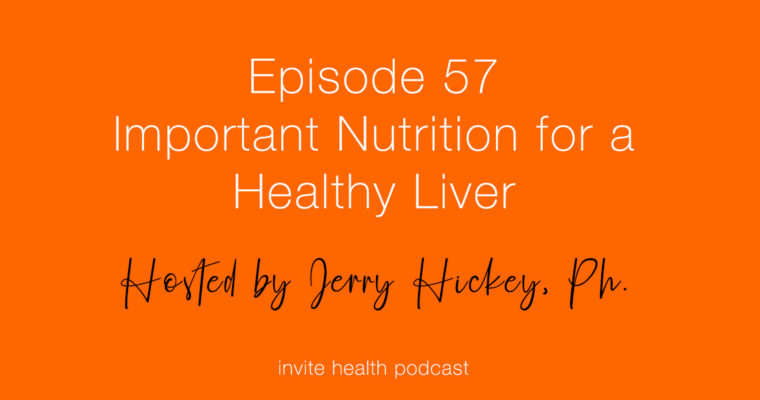According to the CDC, nearly 90 percent of Americans report drinking alcohol during their lifetimes, and more than half of adults say they have consumed alcohol in the past month. However, more than half of American adults also do not exercise. A new study suggests exercising regularly (moderately or vigorously) may offset some of the potentially lethal health effects of regular alcohol consumption.
Senior author Emmanuel Stamatakis, an associate professor of exercise, health and physical activity at the University of Sydney in Australia reports, “Alcohol is the most commonly consumed psychotropic drug that, in contrast to most other drugs, is socially and culturally acceptable. Alcohol consumption is high, and there are no signs that this will change. We need to find ways to reduce some of the health risks associated with drinking.”
The Study
Researchers confirmed an increased risk of death from alcohol-related cancers, as well as death from all causes among those who drank more than just occasionally, compared to people who never drank. But regular exercise seemed to diminish or eliminate the risks completely.
The researchers analyzed data from 36,000 men and women over the age of 40 who took part in an annual Health Survey for England or the Scottish Health Survey in the 1990s and 2000s. Participants were separated into six categories –
- Never consumed alcohol
- Ex-drinker
- Occasional drinker
- Drinks more than occasionally but within current guidelines
(U.S. standard drinks per week for women and 12 U.S. standard drinks per week for men)
- Hazardous drinking
- Harmful drinking
Researchers also recorded weekly exercise using METS, a measure of energy expended. According to the study, an average of 7.5 MET-hours per week roughly translates to a little over two hours of brisk walking at 3 miles per hour.
 The Results
The Results
Researchers found that people drinking within the guidelines and getting little to no exercise were 16% more likely than people who never drank to die of any cause during the course of the study and 47% more likely to die of cancer. Those in the “hazardous” category “had similar risks as those within the guidelines”. Those in the “harmful” category carried a 58% higher risk of death from all causes and an 87% higher risk of death from cancer.
At 7.5 MET-hours per week (regular exercise), individuals drinking within the guidelines had about the same risk of all-cause mortality as those who never drank and 11% higher risk of cancer death. “Hazardous” drinkers had 18 percent higher risk of all-cause mortality and 9% higher risk of cancer death.
Those who logged 15 MET-hours per week (vigorous exercise) that drank within guidelines had a 10% to 20% lower risk of death, compared to the “never-drinkers” and even “harmful” drinkers that had about the same risk of death from cancer as the “never-drinkers” and just 13% higher risk of all-cause mortality.
It is important to note that at all levels of exercise, “harmful” drinking still carried significantly elevated death risks.
Benefits of Exercise
“There are few things that make humans look better, feel better, be more productive, and live a longer and better quality of life,” Stamatakis said. “For people who don’t do any physical activity, starting with a 10 minute walk every week and building to 30 minutes per day is a great first step.”
Richard Walker, MD, says, “Now, what about exercise, where is it? Good question! It’s essentially non- existent in most of our life styles. Why? Because we’re too busy doing everything else then we try to “fit it” into the daily schedule. Fitting exercise into your life style will never work. There’s never going to be any room for exercise because its not a “part” of your lifestyle. Here’s the difference: being a part of your life is the same as your car, your family, your job or your bed being part of your life. They just are and everything you decide revolves around it or them. You don’t have to figure out how you’re going to fit them in, they’re already in! Similarly, one must do the same with exercise.
Tips for Weight Loss and Exercise
“None of the answers are available in one pill, one product, one method, or one anything for everyone. The answer lies in understanding what’s happening to your body and your world. We’ll develop this model of help systematically –
- Make a Decision – You must make a decision if you really want to do something about your weight. If you’re not really committed to work on it, then don’t! You’ll get even more frustrated, spend more money, and get more frustrated because it’s not working. You’ll then quit, eat more comfort foods, and gain even more weight.
- Get Help Now – you need to find a professional who will tell you the truth. Then you should be prepared to attack each issue causing your problem.
- Exercise – Assuming that you’ve read this article because you want to lose weight, then you’ve also decided to change your life style. Exercise now becomes an integral part of your life. Your goal should be at least 30 minutes of exercise, 4 days a week. When your weight begins to decrease and you get to a plateau – don’t quit. The plateau is because your body is making metabolic adjustments.”
Still need more motivation to get you moving? Here are some important studies you should read right now –
Weight loss may strongly benefit patients with atrial fibrillation and exercise leading to fitness is even better.
Exercise May Slow Alzheimer’s
Source: http://www.reuters.com/article/us-health-fitness-cancer-risks-idUSKCN11M1PW




 The Results
The Results

